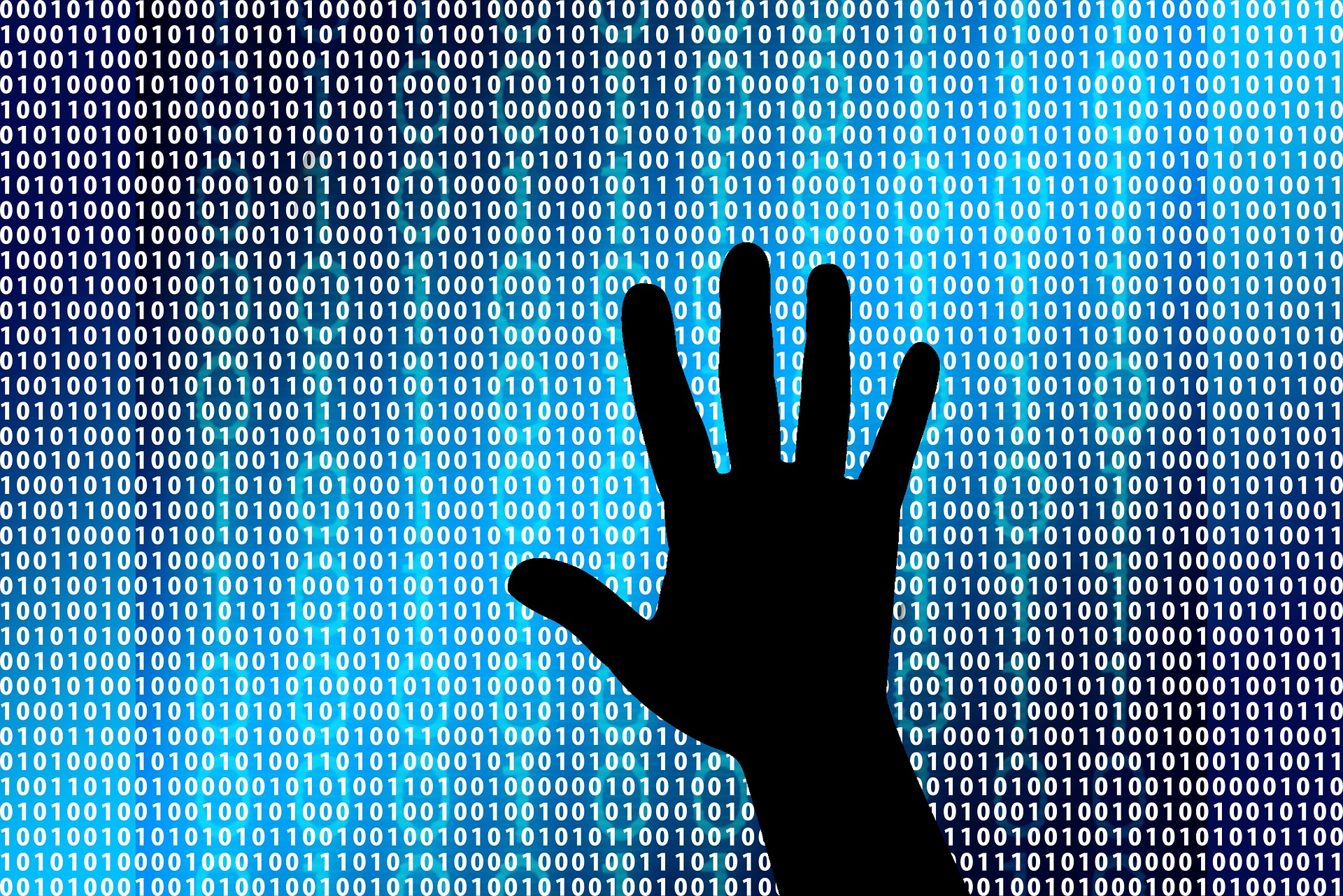In a press release today, India’s Ministry of External Affairs announced that the country has reaffirmed its commitment to cooperate with Japan.
The commitment is to assure “open, free, secure, stable, peaceful and accessible cyberspace”, with the intent of bolstering economic growth and innovation.
The announcement comes after the Second Japan-India Cyber Dialogue, which was held yesterday, August 17, in New Delhi.
According to the press release, representatives of both countries agreed that international law remains applicable within the realm of cyberspace, and that no country should allow or promote the theft of intellectual property, trade secrets, or other confidential business information.
The bilateral cooperation between these two countries comes at a crucial moment for India as the country’s growing technology sector has put it at increased risk of cyberattacks. In May of this year, it was reported that India was the third worst hit nation by the WannaCry ransomeware that affected more than 40,000 computers.
Moreover, the United Nations recently classified India as “maturing” with regard to cybersecurity, and ranked it 23rd in its second iteration of the Global Cybersecurity Index (GCI), which measures nations’ commitments to cybersecurity.
Currently, India does not have a cybersecurity framework in place, despite the nation’s recent strides in the digital space. This raises a large concern knowing that cyberattacks have doubled year over year and appropriate infrastructure and procedures have yet to be implemented by the Indian government and companies alike.
A significant problem for the country is that the industry of cybersecurity has not received adequate funding from venture capitalists. In fact, 2016 saw less than $14 million invested in Indian cybersecurity companies, despite the global industry being valued at $70 billion, and cyberthreats being valued at $400 billion.
Currently, the majority of funding for cybersecurity goes to the United States and Israel — the countries with the most mature and developed technology in that regard. In order to attract international venture capital funding, Indian cybersecurity companies might need to establish a global presence rather than focusing on the home market alone.
Regardless, bilateral cooperation such as that with Japan is one step in the right direction to putting the nation on track in respect to cyberspace
India and Japan plan to continue cooperation and have scheduled the next Cyber Dialogue for Tokoyo next year.











